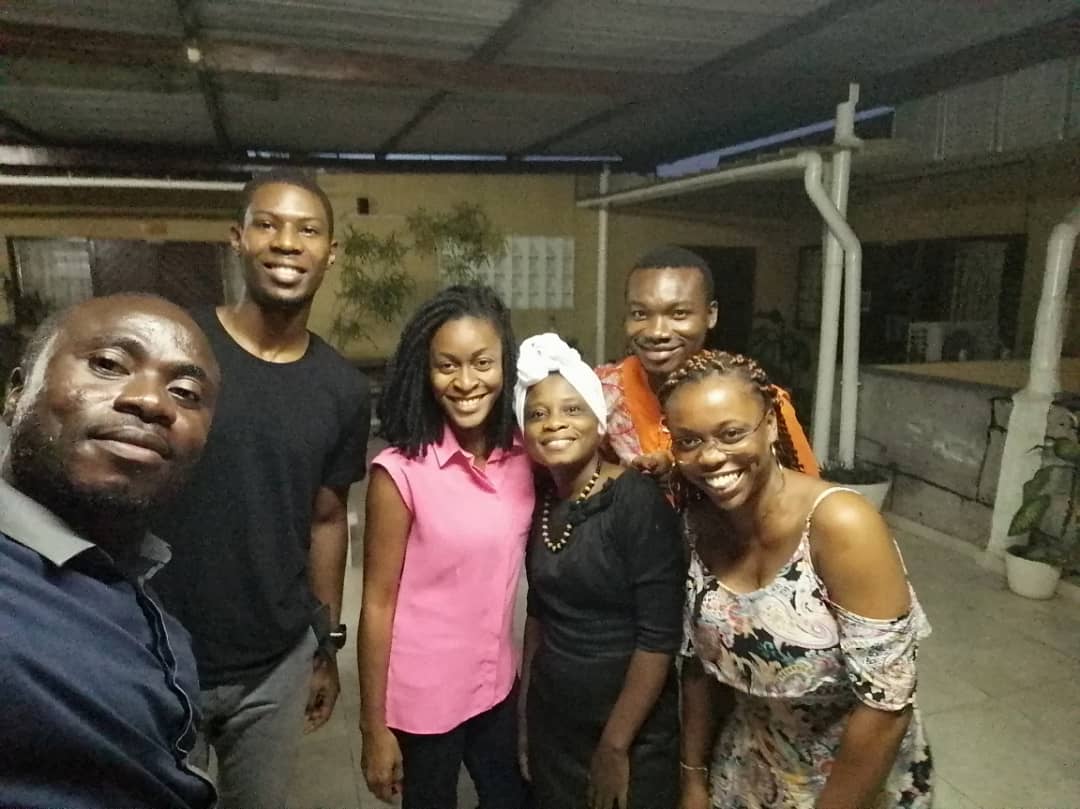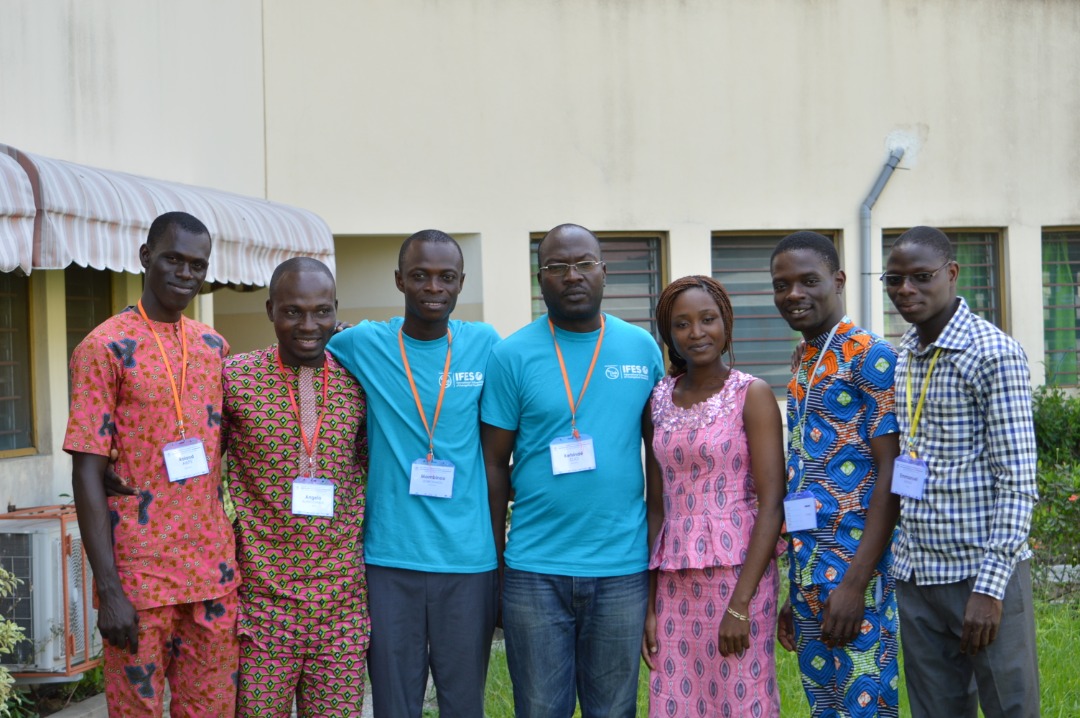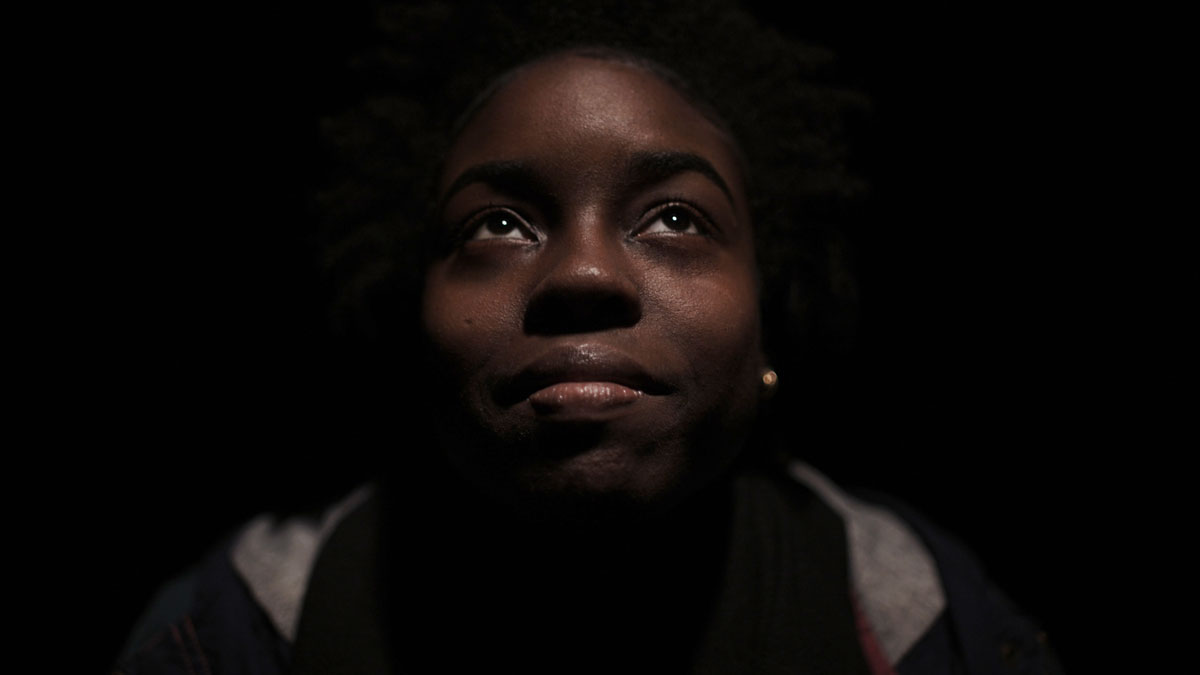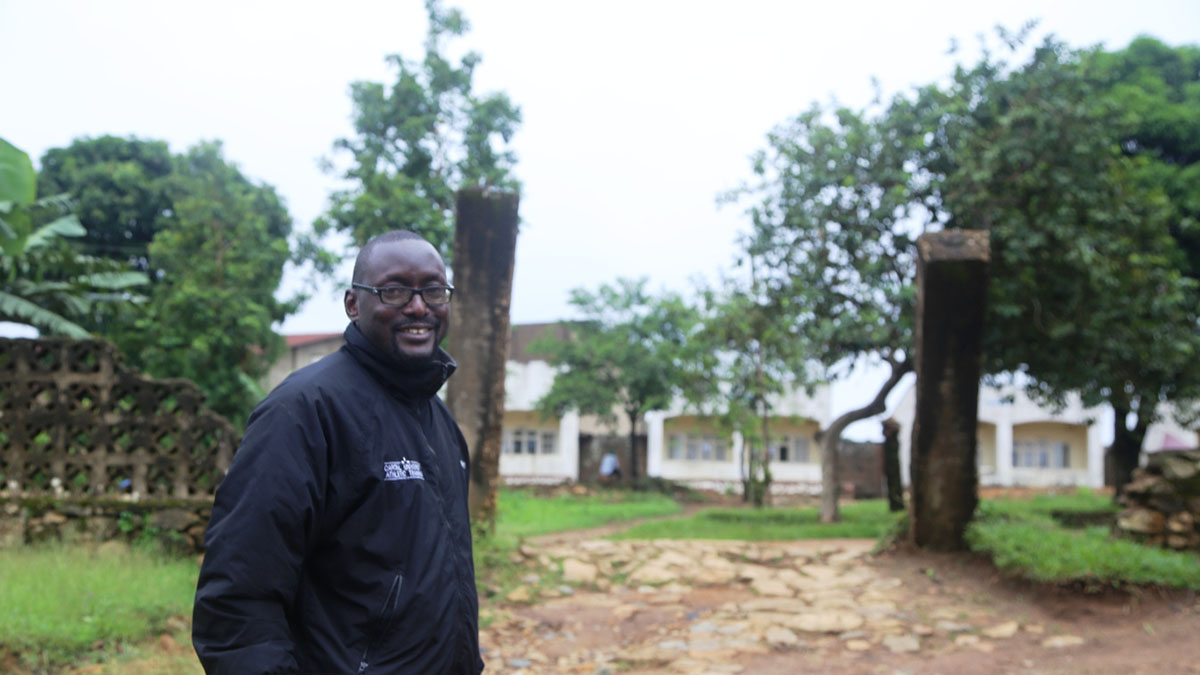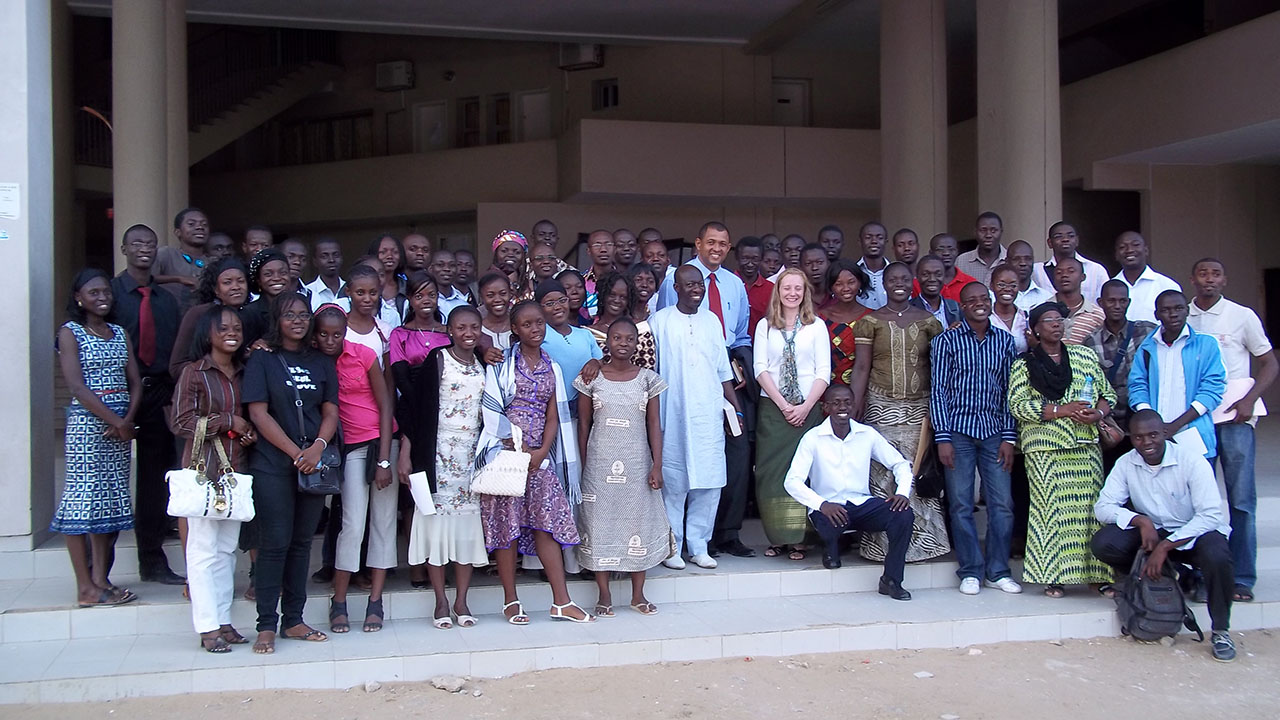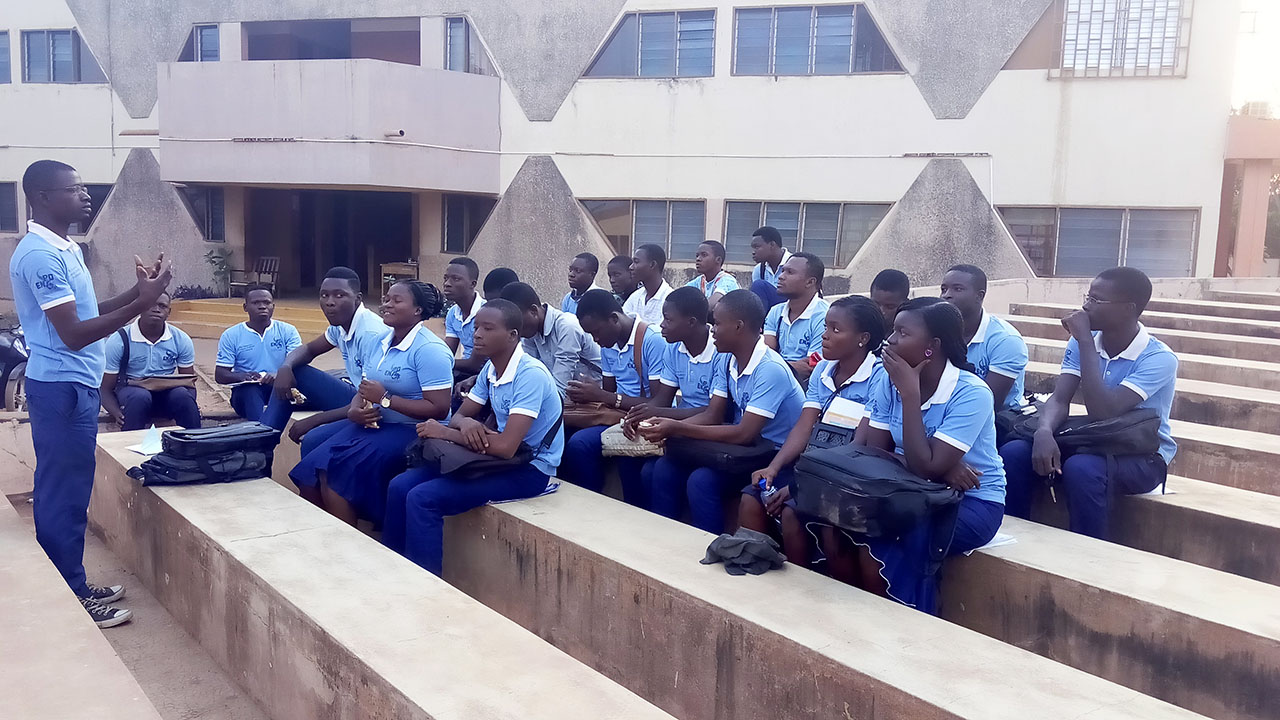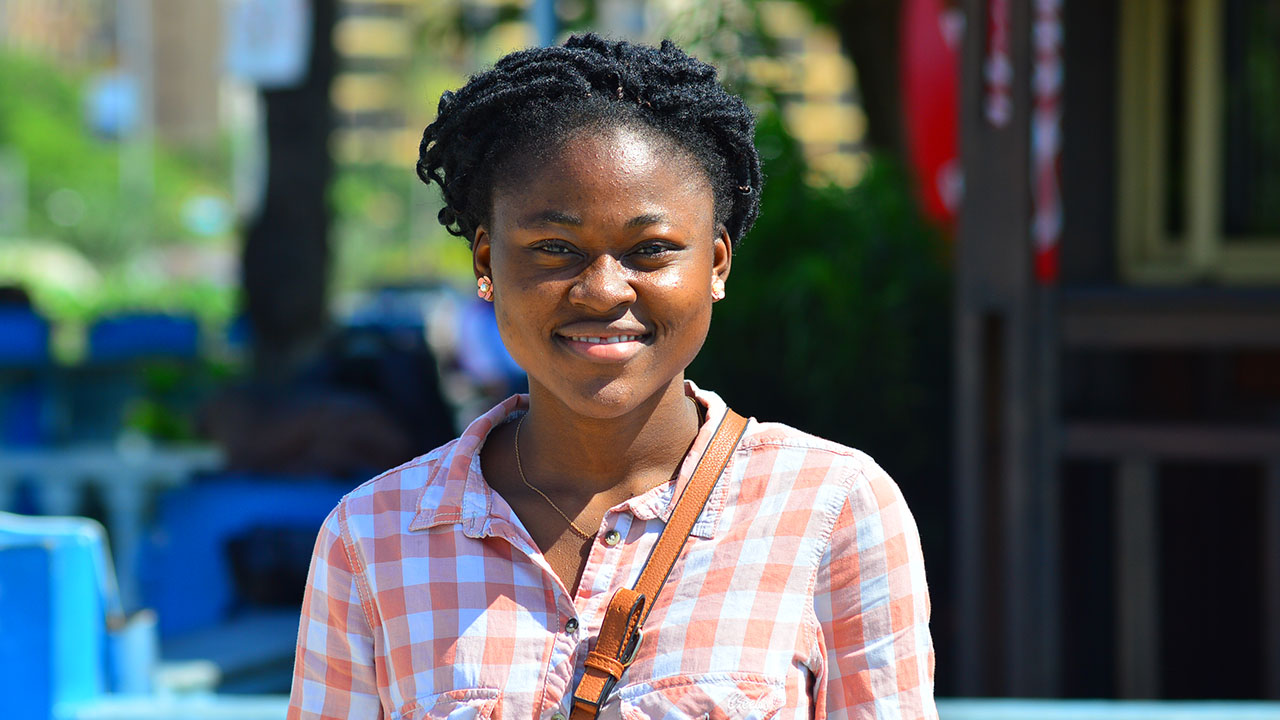Some of the most powerful work in IFES is also some of the least visible. The Indigenous Support Development program (ISD) is a key example.
Every student movement requires many kinds of support, including funding, and there can be great joy in inviting others to participate in God’s work through IFES through their support. But many national movements have long relied on support from donors outside their countries, creating challenges to movement sustainability.
Tackling this challenge means facing personal fears and cultural attitudes about money and fundraising, sharing solid biblical teaching about these topics, and providing practical tools and tips for how to effectively engage supporters in contextually sensitive ways. Through ISD, IFES provides training and resources to help national movements to embrace a biblical understanding of gospel partnership and give them the skills they need to find and develop partnerships they need for student ministry to thrive.
These partnerships may involve prayer, resources, personnel and finance. They also serve to ground the student movement in the national and local context. As Director of ISD, Kehinde Ojo, says,
“ISD is important because it helps national movements to move from dependence to interdependence thereby enabling them to equally participate in generosity.”
The first ISD e-learning course, ‘Introduction to Indigenous Support Development,’ launched in September 2019 in English and French, with further releases in Spanish, Russian, and Portuguese throughout 2020. This is an important milestone in multiplying the impact of ISD, and many movements are already seeing the benefits.
Three different Francophone African participants of the first online cohort have shared their reflections with us, remarking on cultivating relationships with donors, overcoming rejection and fear, and understanding the biblical basis of fundraising. Read their testimonies below.
Bruno AKAKPO, GBU Morocco Friends, Movement Treasurer and Treasurer of Fundraising Committee
The course allowed me to understand the biblical basis of fundraising for our work. What a relief and encouragement to know that God approves of this and is willing to walk with us! The course also addresses communication with donors and teaches how to formulate my approach to potential donors. Thus, I learned how to adapt my speech to the audience to communicate the same message: the vision of the GBU. This course also helped me understand how to deal with the fear of rejection. When I thought about the “no” of a potential donor, I felt paralyzed. But after this course, I understood that there are many forms of support (such as time, talents, and treasures) that we can receive from an individual. In fact, I also learned the reasons why people give. It helps me enormously to know how to approach people when I want to make a request.
Within GBU Morocco, our partners are a bit scattered around the world. This course allows me to ensure a good approach to these partners from different cultures and social positions. Now in fundraising for the movement, I know how to better adapt our approach. Our relationships with partners have greatly improved. Most importantly, our approach to mobilizing support has fundamentally changed.
I plan to share this training with the movement’s fundraising team in the next fundraising campaign. My intention is to focus on our approach and communication with donors so that it is centered on the glory of God and the vision of the GBU.
Jeanne Arline Simangoye, Bible Groups of Gabon, Treasurer of the Board
The ISD training was a real “manna” for me, because it took place at the time when I was in charge of the national treasury, with all its challenges. I define this training as a reference tool that I use on a daily basis.
At the level of the national movement, we have started to have better relations with partners after this course. They stopped seeing themselves as mere “taps,” but rather as servants of the Lord, workers like us. Now we understand that our role includes communication with partners, prayer for them, and helping them. We have added the nice touch of sending receipts to partners after they make a payment. In doing so, they feel understood and supported.
We use the 3 T’s (time, talents and treasures) with pride and it works! We encourage and value all resources, even the “smallest” donations and services. Our great discovery is the enormous number of lost resources that our movement needed.
During the pandemic we applied the principles learned in the ISD training to collect in-kind and cash donations and distribute them. This brought great joy to the partners, mobilizers, and those who received these donations.
Despite the difficulties related to the crisis, there is a real enthusiasm among many in our country, especially among people with small incomes. I have the impression that people have become even more generous, but in fact I think that we are the ones who have opened our eyes to the opportunities that already existed. It’s extraordinary! May all the glory go to our God! Amen.
Abel YAMEOGO, IFES Francophone Africa, Partner Relations, Burkina Faso
I learned many things that improved my relationship with the partners of the Jeribeth project, the project to build the GBUAF training center premises.
First of all, the organization of the online ISD course is exceptional. It combines courses on the platform with Zoom meetings, which are real crucibles for sharing. The training in itself is rich because we have the opportunity to learn from each other.
I also learned some very good mobilization principles from the Bible in very enriching Bible studies. The trainers prepared very well. We were amazed at the richness of the teachings. I was especially blessed on the topic of overcoming fear, following the Bible study from the case of Moses. This has been very beneficial for me and it serves me today in my efforts to mobilize partners for Jeribeth. Although I still feel fear from time to time, I now have the tools to deal with it effectively.
Finally, I will say that the online course is an experience that we must promote and multiply for the benefit of all GBU members, as it reduces costs and distance. Since the end of the training course, I have deepened my relationships with the partners of the Jeribeth project. I have used what I learned to put them at ease, and as a result we have more and more partners who regularly give and honor their subscription to the project. For the year 2021, I already have important strategies in place that will certainly help to retain our current donors and recruit many more.
I express my gratitude for this opportunity and these moments of training and equipment. I highly recommend this training to all GBU team members around the world.
Many students may never know about the Indigenous Support Development program. And yet, as national movements have the convictions and tools that they need strengthen their support base, students will surely experience the benefits. More importantly, staff and supporters alike will grow in their confidence in, and worship of, a God who is able and willing to supply all that is needed for his work to continue.
Would you like to learn more about the Indigenous Support Development e-course? Get in contact with us at hello@ifesworld.org.
